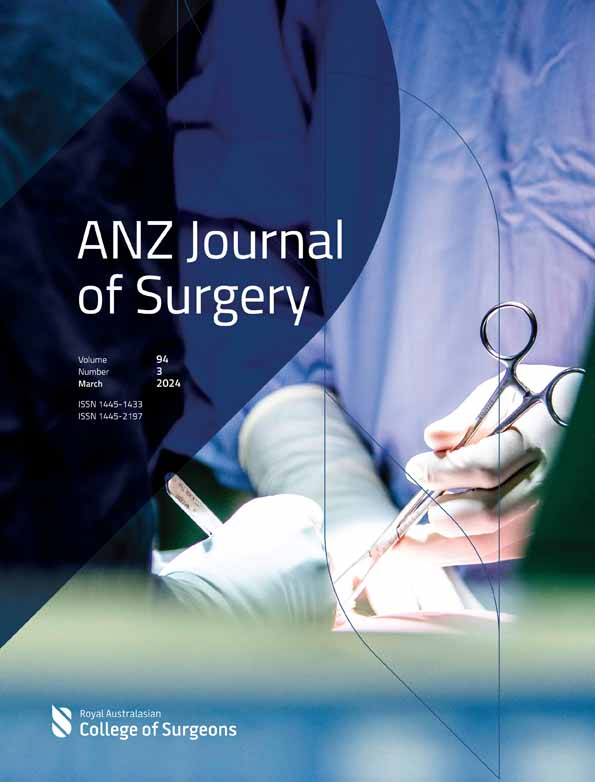Patient perspectives of quality of life in chronic limb-threatening ischemia: a qualitative study
Alun H. Davies and Peter F. Choong denotes joint final authors.
The corresponding author is a recipient of an Australian Commonwealth Government Research Training Program Scholarship and Australasian College of Surgeons Reg Worcester Research Scholarship.
Abstract
Background
Quality of life (QOL) is an outcome that matters to patients with chronic limb-threatening ischemia (CLTI). However, we identified the lack of and need for a CLTI-specific QOL instrument. Our group is developing this instrument which requires a deep understanding of patient perspectives of QOL in CLTI.
Methods
Qualitative inquiry with patient and public involvement was performed in accordance with the Standards for Reporting Qualitative Research. Reflexive thematic analysis of semi-structured interviews was conducted within a constructivist-interpretivist research paradigm. Data were organized and managed in NVivo. Techniques to enhance trustworthiness included maintaining an audit trail, member checking, mentoring, and peer-debriefing. Patient and the public were consulted for feedback on codes, themes, and thematic maps.
Results
Thirteen participants (median age: 74 years, range: 43–90 years) with a variety of patient demographics were interviewed. Four themes were developed on QOL in CLTI: (i) ‘independence as key to life satisfaction’, (ii) ‘change in identity when continuity is needed’, (iii) ‘coping with intractable disease’, and (iv) ‘not wanting to be alone’. Member checking with patient and public involvement confirmed the relevance and centrality of these themes to the lived experiences of patients with CLTI.
Conclusions
The thematic outputs contribute important insights into what QOL truly means to patients with CLTI and what matters for their QOL. The content validity of the new CLTI-specific QOL instrument is improved by giving patients voice. This study highlights the value of qualitative inquiry and patient and public involvement in vascular surgical research.
Conflict of interest
None declared.




